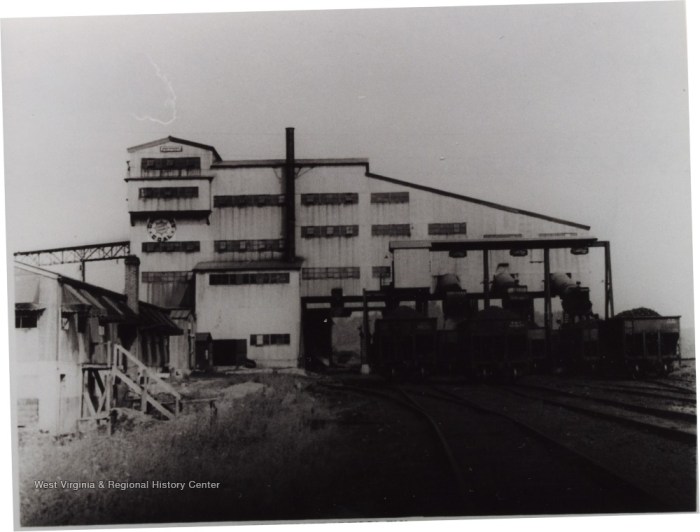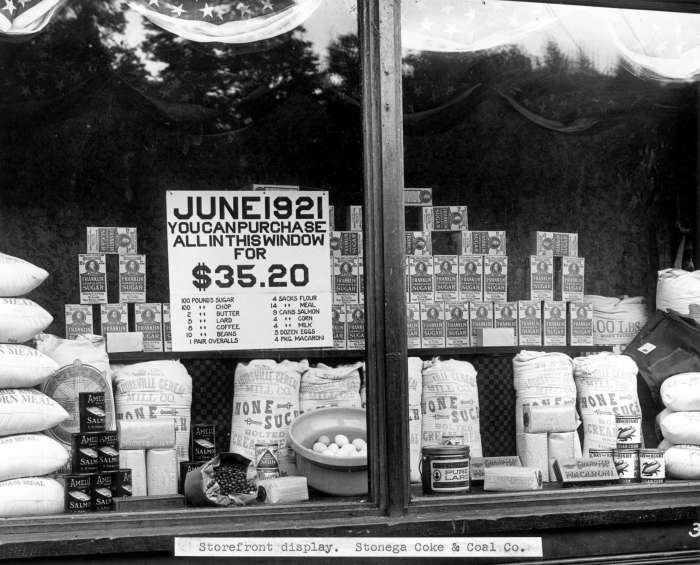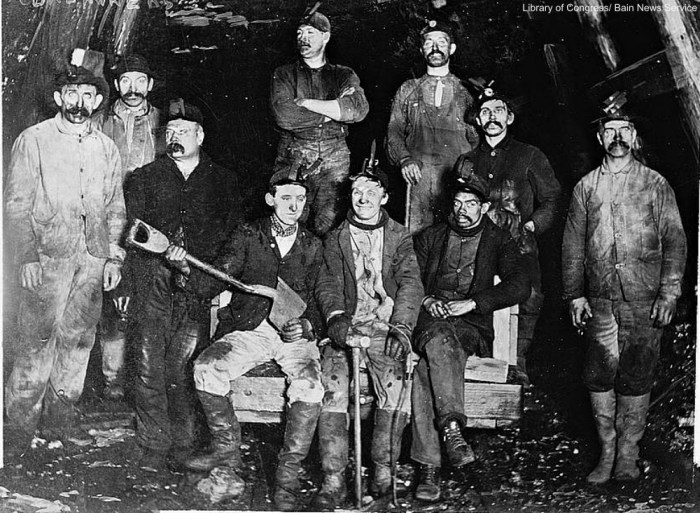In the annals of contract law, Tioga Coal Co. v. Supermarkets General Corp. stands as a pivotal case that shaped the legal landscape. This dispute, which unfolded in the heart of Pennsylvania’s coal country, brought to the forefront fundamental principles governing the formation, interpretation, and enforcement of contracts.
The case revolved around a coal supply agreement between Tioga Coal Co., a mining company, and Supermarkets General Corp., a grocery chain. The crux of the dispute centered on the interpretation of a key provision in the contract, which became the subject of intense legal scrutiny.
Case Overview: Tioga Coal Co. V. Supermarkets General Corp

Tioga Coal Co. v. Supermarkets General Corp. (1999) is a landmark case in contract law that established the doctrine of implied covenants of good faith and fair dealing in commercial contracts.
Legal Principles
The court applied the following legal principles:
- Contract law: The court held that a contract is a legally enforceable agreement between two or more parties.
- Property law: The court held that a lease is a contract that creates an interest in real property.
- Corporate law: The court held that a corporation is a legal entity that is separate and distinct from its shareholders.
Factual Background, Tioga coal co. v. supermarkets general corp
The case arose out of a dispute between Tioga Coal Co. and Supermarkets General Corp. over a coal supply contract. Tioga Coal Co. was a coal mining company, and Supermarkets General Corp.
was a grocery store chain. In 1984, the two companies entered into a contract for Tioga Coal Co. to supply Supermarkets General Corp. with coal for 10 years. The contract contained a provision that allowed Supermarkets General Corp.
to terminate the contract if it was not satisfied with the quality of the coal.
In 1991, Supermarkets General Corp. terminated the contract, claiming that the coal was not of satisfactory quality. Tioga Coal Co. sued Supermarkets General Corp. for breach of contract.
Court’s Analysis
The court held that Supermarkets General Corp. had breached the contract by terminating it without cause. The court found that the contract contained an implied covenant of good faith and fair dealing, which required both parties to act in good faith and to deal fairly with each other.
The court found that Supermarkets General Corp. had not acted in good faith by terminating the contract without giving Tioga Coal Co. an opportunity to cure the alleged defects in the coal.
Holding and Reasoning
The court held that Supermarkets General Corp. was liable for breach of contract. The court awarded Tioga Coal Co. damages in the amount of $1.1 million.
The court’s holding is significant because it established the doctrine of implied covenants of good faith and fair dealing in commercial contracts. This doctrine requires that all parties to a contract act in good faith and deal fairly with each other.
Expert Answers
What was the central issue in Tioga Coal Co. v. Supermarkets General Corp.?
The central issue was the interpretation of a key provision in the coal supply agreement, which led to a dispute over the quantity of coal that Tioga Coal was obligated to deliver.
How did the court resolve the dispute?
The court analyzed the contract language, considered the parties’ intent, and applied relevant legal principles to determine the meaning of the disputed provision.
What impact did the case have on contract law?
The case established important precedents regarding the interpretation and enforcement of contracts, emphasizing the importance of clear language and the consideration of the parties’ intent.


